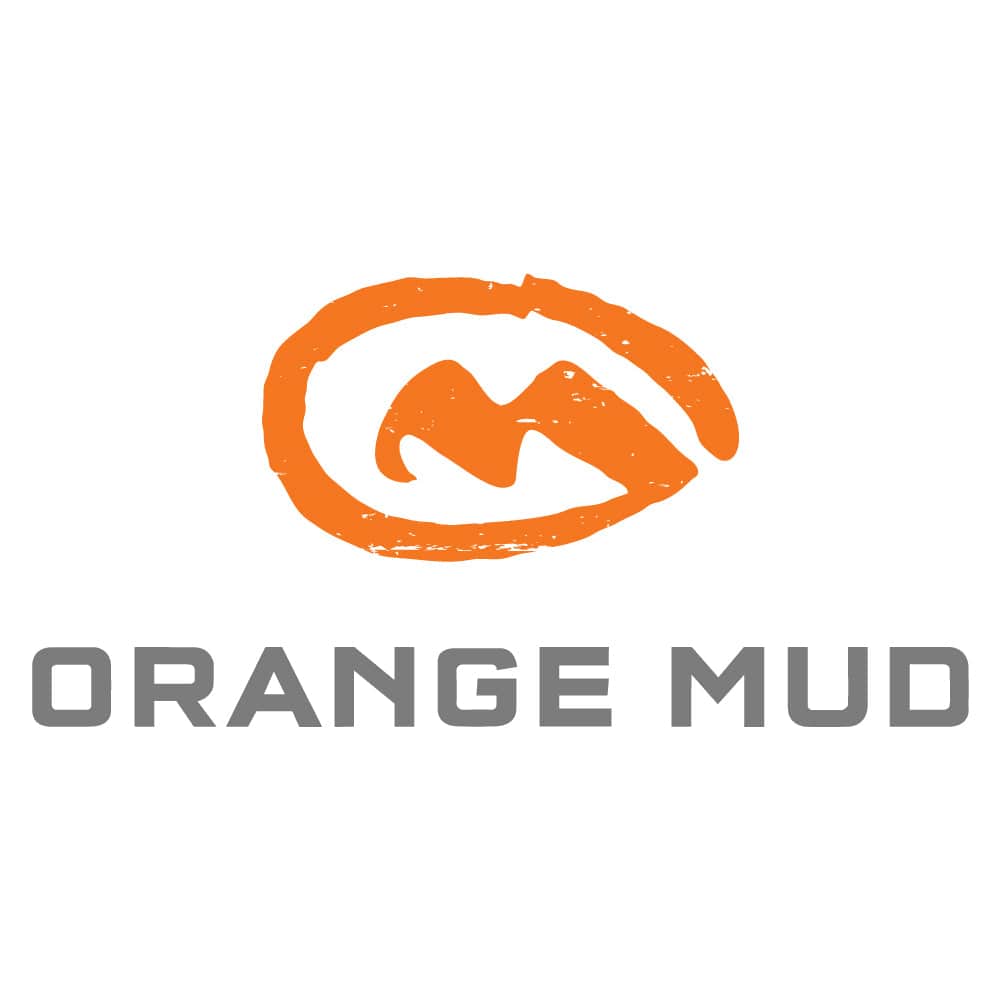Training for a half marathon is a thrilling journey that tests your body and mind. It requires dedication and the right preparation to ensure success on race day. Proper hydration is crucial for endurance athletes during half marathon training. Staying hydrated helps you perform better and recover faster. In this guide, we focus on hydration packs, a key piece of gear that can greatly improve your training.
Importance of Hydration in Half Marathon Training
Hydration plays a pivotal role in how well you perform and recover during half marathon training. Staying properly hydrated helps to:
- Maintain energy levels and reduce fatigue
- Regulate body temperature, especially in hot conditions
- Support muscle function and prevent cramps
- Enhance mental focus and concentration
According to Nutrition for Endurance Athletes 101, hydration is as vital as nutrition in supporting your body through rigorous training. Develop a hydration plan that keeps you energized for every mile. Proper hydration for half marathon training is essential to maximize performance.
Choosing the Right Hydration Pack
Choosing the right hydration pack is important for half marathon training. A good hydration pack ensures you stay hydrated without breaking your stride. Consider these factors when picking the best hydration pack for running half marathon:
- Size: Find a pack that fits your body comfortably. It should be snug but not restrictive.
- Fit: Adjustable straps are essential for a secure fit. Make sure the pack doesn't bounce while you run.
- Capacity: Consider how much water you'll need. Packs come in various sizes, typically ranging from 1 to 3 liters.
Hydration packs offer numerous benefits over other methods like handheld bottles or waist belts:
- Hands-Free Hydration: Allows you to drink without stopping or slowing down.
- Storage: Many packs have extra pockets for gels, keys, or phones.
- Comfort: Even weight distribution reduces fatigue during long runs.
Choosing the right pack can make your half marathon training smoother and more enjoyable. Check out our running packs for a variety of options.
Half Marathon Training Plan 8 Weeks
Starting a half marathon journey needs a structured plan. Here's a simple 8-week training plan to guide you:
- Weeks 1-2: Focus on building a running base. Aim for 3-4 runs per week, with distances ranging from 3-5 miles.
- Weeks 3-4: Increase your mileage gradually. Introduce longer runs of up to 6-7 miles on weekends.
- Weeks 5-6: Incorporate tempo runs and intervals to boost your speed and endurance. Long runs should reach 8-9 miles.
- Weeks 7-8: Taper your training. Reduce mileage but maintain intensity. Long runs should peak at 10 miles.
Training for a Half Marathon: Mental Tips
Training for a half marathon is as much a mental challenge as it is a physical one. Keeping your mind motivated and focused during long runs can be tough, but with the right mental strategies, you can push through. Here are some helpful tips:
- Set Clear Goals: Set goals for each run and the race. Having clear objectives keeps you motivated.
- Visualize Success: Picture yourself crossing the finish line. Visualization can boost your confidence and mental strength.
- Break It Down: Instead of focusing on the entire distance, break your run into smaller, manageable segments.
- Stay Positive: Use positive self-talk to keep your spirits up. Remind yourself of your strengths and past achievements.
- Embrace the Process: Enjoy the journey of training. Celebrate small victories along the way.
For more mental training tips, check out this guide on long run motivation.
Post-Training Recovery and Hydration
Recovery is a crucial part of half marathon training. Proper recovery helps your body heal and become stronger, ready for the next session. Here are some effective recovery strategies:
- Rehydrate: After a workout, replenish lost fluids to aid recovery and prevent dehydration.
- Nutrition: Consume a balanced meal with proteins and carbohydrates to repair muscles and restore energy.
- Rest and Sleep: Ensure you get enough sleep to allow your body to repair and rejuvenate.
- Active Recovery: Engage in light activities like walking or yoga to keep your body moving without strain.
- Stretching: Incorporate stretching into your routine to maintain flexibility and prevent injury.
For more detailed recovery tips, visit the Mayo Clinic Health System.
Remember, recovery is not just about resting, but also about preparing your body for the next challenge. Stay hydrated and listen to your body’s needs to ensure a successful half marathon training journey.
Conclusion and Encouragement
In the journey of half marathon training, hydration plays a pivotal role in ensuring peak performance and effective recovery. Staying well-hydrated not only supports your body's endurance but also enhances your overall training experience. By integrating consistent hydration for half marathon training into your routine, you set the foundation for success, enabling you to push your limits and achieve your personal best.
At Orange Mud, we understand the unique needs of endurance athletes. Our marathon hydration packs are designed to offer the perfect blend of functionality and comfort, making them an ideal companion for your training. Whether you're a seasoned marathoner or a first-time half marathon participant, our gear can help you stay at the top of your game.
Remember, the right preparation and gear can make all the difference. So, gear up with Orange Mud, stay motivated, and keep pushing your boundaries. Your half marathon success is just around the corner!

